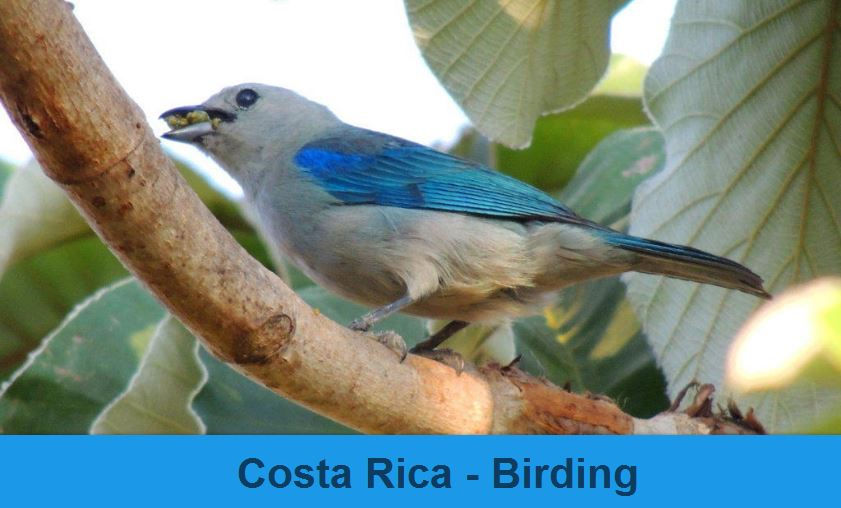top of page

WARNING : this site is made for laptops and not for tablets
Best Safaris, Birding and Wildlife ..
everywhere in the world
Safaris can be done in many countries around the world, not only Africa. Each country with preserved wildlife is a possible destination for a safari : just tell us your wishes and we will propose you a destination depending of your departure date, because weather and climate are very important for safaris to get the best conditions.
An African Safari, a Tiger Safari, a Birding Experience or any contemplation of wildlife are an unforgettable travel experience, it touches something deep within us and it is an experience that will never be forgotten.
For the bad news, many species are today endangered :
WWF published its Living Planet Report 2014 :
"Population sizes of vertebrate species—mammals, birds, reptiles, amphibians, and fish—have declined by 52 percent over the last 40 years. In other words, those populations around the globe have dropped by more than half in fewer than two human generations."
WWF published its Living Planet Report 2015 :
"WWF's Living Blue Planet Report takes a deep look at the health of our oceans and the impact of human activity on marine life. Data on marine ecosystems and human impacts upon them is limited, reflecting the lack of attention the ocean has received to date. Nevertheless, the trends shown here present a compelling case for action to restore our ocean to health."
WWF published its Living Planet Report 2016 : "The size and scale of the human enterprise have grown exponentially since the mid-20th century. Scientists suggest that we have transitioned from the holocene into a new geological epoch, as a result, nature and the services it provides to humanity are subject to increasing risk. Calling it the “anthropocene”. The future of many living organisms is now in question. Species populations of vertebrate animals have decreased in abundance by 58 per cent between the most common threat to declining animal populations is the loss and degradation of habitat. Increasingly, people are victims of the deteriorating state of nature: without action. The earth will become much less hospitable to our modern globalized society. Humans have already pushed four planetary systems beyond the safe limit of their safe operating space. By 2012, the biocapacity equivalent of 1.6 earths was needed to provide the natural resources and services humanity consumed in that year."
WWF published its Living Planet Report 2018 : "Exploding human consumption is the driving force behind the unprecedented planetary change we are witnessing, through the increased demand for energy, land and water. Consumption indicators – such as the Ecological Footprint – provide a picture of overall resource use. The products we consume, the supply chains behind them, the materials they use and how these are extracted and manufactured have myriad impacts on the world around us.
While climate change is a growing threat, the main drivers of biodiversity decline continue to be the overexploitation of species, agriculture and land conversion. Indeed, a recent assessment found that only a quarter of land on Earth is substantively free of the impacts of human activities. This is projected to decline to just one-tenth by 2050. Land degradation includes forest loss; while globally this loss has slowed due to reforestation and plantations it has accelerated in tropical forests that contain some of the highest levels of biodiversity on Earth. Ongoing degradation has many impacts on species, the quality of habitats and the functioning of ecosystems.
bottom of page









































